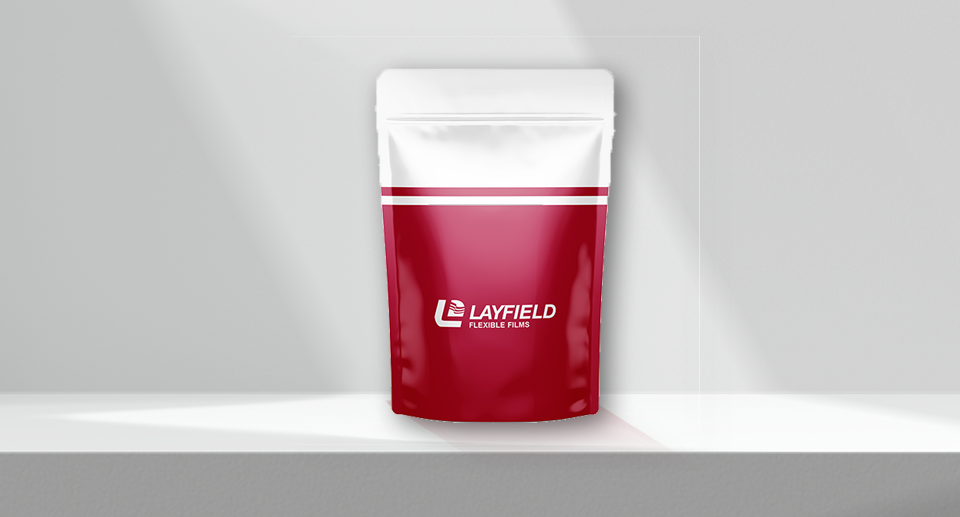In recent years, supply chain disruptions have been at the forefront of global industries’ challenges, and the flexible film sector is no exception. From raw material shortages to transportation bottlenecks, manufacturers have been forced to rethink their supply chain strategies to ensure the uninterrupted flow of products. Any break in the supply chain can have far-reaching consequences for industries that rely on flexible films—such as food packaging, medical supplies, and industrial applications.
The flexible film industry has risen, leveraging innovation, technology, and distribution strategies to navigate these disruptions. Here’s how the industry adapts and what it means for the future.
The Key Supply Chain Challenges
1. Raw Material Shortages
The flexible film industry relies heavily on raw materials such as polyethylene, polypropylene, and other resins. Global shortages of these materials, driven by demand surges, weather-related disruptions, and even geopolitical tensions, have significantly impacted production. Flexible film manufacturers have been forced to explore alternative materials, adjust production timelines, and optimize usage to cope with the inconsistency of supply.
2. Logistical Bottlenecks
Transportation disruptions, including delays in shipping, rising freight costs, and port congestion, have made it more difficult for manufacturers to get raw materials and deliver finished products. These logistical challenges are exacerbated by the global nature of the flexible film supply chain, where raw materials and finished goods often cross multiple borders before reaching their final destination.
3. Inflation and Rising Costs
Inflationary pressures have driven up the costs of raw materials, labour, and transportation, adding financial strain on manufacturers and consumers alike. Companies have had to navigate cost increases while maintaining product affordability and profitability, leading to the implementation of more efficient processes and material optimization.
4. Demand Volatility
The COVID-19 pandemic and other recent global events have caused demand for flexible films to fluctuate unpredictably. Sectors like food and medical packaging saw unprecedented spikes in demand, while others, such as industrial applications, experienced slowdowns. This demand volatility complicates production planning and inventory management.
How the Flexible Film Industry is Adapting
In response to these challenges, the flexible film industry has adopted several strategies to build resilience and ensure businesses continue operating efficiently. Some of the critical adaptations include:
1. Diversifying Supply Chains
One of the most essential strategies has been diversifying the supply chain by sourcing materials from multiple suppliers across different regions. This reduces reliance on any single source, helping to minimize the risk of disruption due to localized issues such as weather events or political instability.
2. Embracing Digital Supply Chain Solutions
The rise of digital supply chain management tools has allowed companies to gain real-time visibility into their operations, making predicting and addressing potential disruptions easier. These tools use data analytics, machine learning, and artificial intelligence to track shipments, monitor supplier performance, and manage inventory more responsively and efficiently.
3. Localizing Production and Distribution
Many companies invest in localized production and distribution networks to minimize exposure to global transportation disruptions. By manufacturing products closer to their markets, companies can reduce lead times, mitigate the impact of international shipping delays, and decrease transportation costs. This shift towards regional supply chains is reshaping how the industry operates globally.
4. Material Innovation and Sustainability
With raw material shortages and rising costs, flexible film manufacturers increasingly turn to innovative materials that offer comparable performance but are more readily available. At the same time, there is a growing focus on sustainability, with manufacturers developing recyclable and bio-based films that reduce environmental impact and open up new supply channels.
The Importance of Strategic Partnerships
Strategic partnerships with suppliers, distributors, and logistics providers have become essential to navigating supply chain challenges. Manufacturers can improve communication, anticipate potential disruptions, and create contingency plans to mitigate risks by fostering stronger relationships with these key players.
Layfield’s North American Distribution Network: A Key Solution to Supply Chain Resilience
At Layfield Flexible Films, we understand the impact of supply chain disruptions on businesses. That’s why we have developed a robust North American distribution network to address these challenges head-on.
Our strategically located production facilities and distribution centers throughout Canada and the United States allow us to localize our operations and reduce dependency on international shipping. This regionalized approach ensures we can deliver products quickly and efficiently, even in the face of global disruptions. With a focus on agility, we can meet the market’s changing demands while maintaining consistent product quality and availability.
Additionally, Layfield can maintain greater control over our inventory and production processes by working with a vast network of trusted raw material suppliers and embracing digital supply chain management. This means shorter lead times, more reliable delivery, and a resilient supply chain that supports our customers’ needs—even during times of uncertainty.
As we continue to innovate in the flexible film industry, our distribution network remains a cornerstone of our strategy for navigating supply chain disruptions and ensuring that our customers receive the solutions they rely on without delay.
Ready to navigate supply chain challenges with confidence?
Contact Layfield Flexible Films today to discover how our innovative, sustainable solutions and robust North American distribution network ensure reliable product delivery and consistent quality. With localized production, strategic partnerships, and advanced digital supply chain tools, we help you stay ahead in a rapidly changing global market.
Related Articles
View All News









